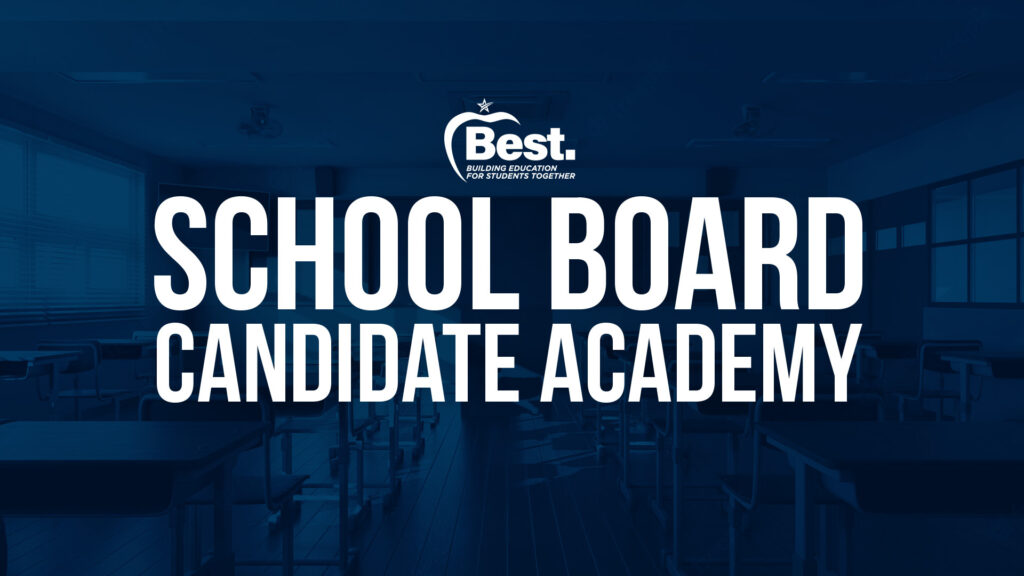Will He Bust Up a Real Monopoly?
On Monday, New York City Mayor Michael Bloomberg announced his choice for Chancellor of New York City’s public schools – Joel Klein. The former Justice Department antitrust chief prosecutor now runs a huge monopoly. Will he break it up?
Mr. Klein made a name for himself by pursuing and prosecuting the software giant Microsoft. He claimed Microsoft had created a monopoly and harmed consumers. At best, he had a novel theory – Klein created an infant industry within an industry that had no real definition – desktop personal computer Internet users. Klein claimed that, even though the technology was less than five years old and in that time prices had dropped and millions of new consumers began using the product for free, Microsoft had harmed consumers with its monopolistic practices. He spent tens of millions of dollars of taxpayer money pursuing Microsoft, while the real corporate wrong doing by the WorldCom’s Enron’s, and Global Crossing was left untouched.
Now Mr. Klein takes on a new challenge and all of us as parents, taxpayers, and citizens hope he succeeds. His first task is to understand the challenge. In his past career, Mr. Klein went looking for a monopoly to break up. Now, he runs one and the best thing he could do for consumers – parents and children – is to pursue the break-up of the current New York City public school system.
For years, politicians, educators, and parents have lamented the performance of New York City’s public school system. The State Education Department in March, 2001 reported that three out of four city schools are not meeting acceptable levels of performance, based upon students’ English and math exam scores. There are over 1.1 million kids in NYC public schools, which means over 750,000 students are trapped in failing schools. The city spends over $10,000 per student, which even accounting for the high costs of the city, means the city outspends 40 states. Money is simply not the problem.
The problem is the New York public school system is a monopolist. It behaves likes a monopolist. The prices are high and the quality is low. It spends considerable sums of money protecting the monopoly. The central offices employ over 6,000 administrators – individuals who, no matter how dedicated and professional, spend no time in schools teaching students. They spend no time interacting with the concerns of parents. And none of them are directly responsible for the success or failure of any one school.
As an outsider with no background in professional education, the pundits say the new chancellor must first win over the education establishment – the teachers unions and the administrators. If he tries to do that, Mr. Klein is doomed to failure. Instead, he must take on the monopoly with the same single-minded determination with which he pursued Microsoft. Mr. Klein should fight to expand the charter school movement. He should embrace private school choice – even on a limited experimental basis. Schools that are failing should be quickly closed – and reopened as charter schools with a new mission, new leadership, and more rigorous accountability.
As chancellor, Mr. Klein should seek to build a radical and powerful new political coalition for excellence in schools. Start with Mayor Bloomberg – Klein will need his protection – and build from the outside. Parents who want a better life for their kids – that is the core of the coalition Chancellor Klein must build to take on the failed, but politically powerful, status quo. These are the types of parents who simply will not tolerate sending their kid every day to a failing school – and they will go to extraordinary lengths supporting someone trying to save their kid.
If he pursues a break-up of the central monopoly and puts accountability in place at the school level, Klein will find another potent coalition ally – the energetic, engaged, and entrepreneurial teachers who want the system to work. Show these teachers that if they take risks, they will be rewarded rather than beaten down by the bureaucracy.
Without question, politically this is a high-risk strategy. The easy thing to do would be to make peace early with the educational establishment. He could tackle – and even make some modest progress – on some important side issues, like the teacher shortage and school construction. But in the end, Klein will still be running a failed school system – and a massive one at that. Why take the job if you aren’t prepared to fix the cause of the problem?
Mayor Bloomberg made an interesting choice. While Klein’s record on Microsoft leaves a great deal to be desired, it may be that this man hates the thought of monopolies so much that he will be the one man doggedly determined enough to bust up the public school monopoly in New York City. For the 750,000 New York City children who will start back next month in a failing school – let’s hope he does it.




